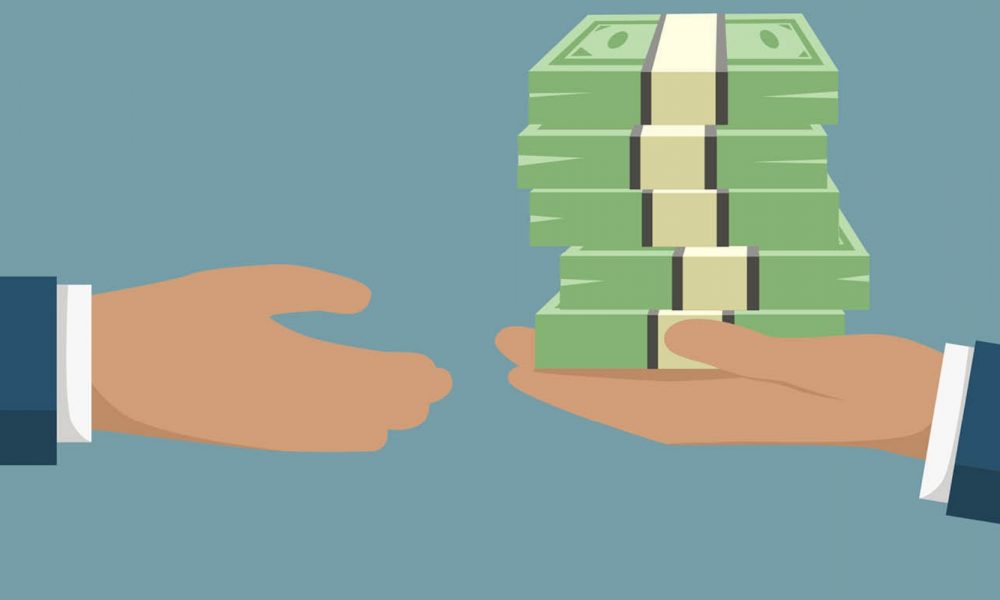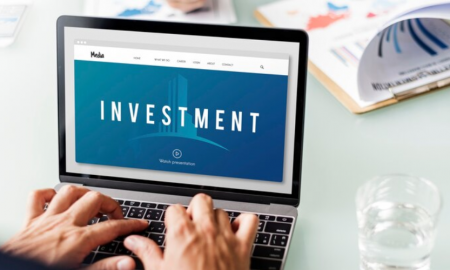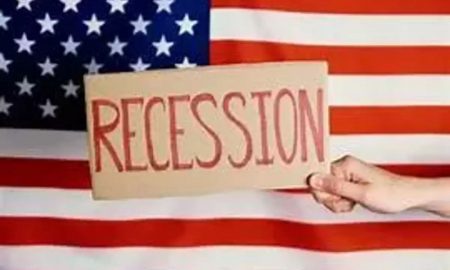
Private Loans Versus Bank Loans: Which One Should You Choose?

 When you need a large sum of money, do you know whether to turn to a bank or to a private lender? Perhaps you have only ever considered a bank and didn’t give the other option a chance… or maybe it’s the other way around? We are all so accustomed to going to the bank when we need a loan that sometimes we don’t even think of other means. Neither is truly better than the other because every individual circumstance is different and the repayment, as well as terms of repayment and other factors all, make a difference. Each loan has its advantages and its disadvantages. So, which one should you choose?
When you need a large sum of money, do you know whether to turn to a bank or to a private lender? Perhaps you have only ever considered a bank and didn’t give the other option a chance… or maybe it’s the other way around? We are all so accustomed to going to the bank when we need a loan that sometimes we don’t even think of other means. Neither is truly better than the other because every individual circumstance is different and the repayment, as well as terms of repayment and other factors all, make a difference. Each loan has its advantages and its disadvantages. So, which one should you choose?
Bank or Private Lender?
So, if you’re deciding whether to try for a loan from the bank or from a private lender, the simplest thing to consider is this – the best choice is the one you get approved for! Many people only ever consider the bank for loans, but this isn’t the case. Almost everyone wants a bank loan eventually, for some reason or another. But if you apply for a loan both from the bank and from a private lender, and you only get approved for one, then, of course, the best is the one who approved your application.
Interest Rates
 It is common knowledge that interest rates are almost always a part of financial transactions. You cannot take large sums of money and avoid interest rates, unfortunately. However, banks are reputed to have lower interest rates than private lenders — sometimes by a long shot. This is a typical feature of banks in general. If you are wondering how this is possible or feasible for banks, the answer is two-fold. Firstly, banks have much easier access to a lot more money than private lenders do, including access to federal funds. Meanwhile, private lenders look to investors and personal capacity and perhaps even other banks or financial institutions to obtain the funds necessary to loan out. Obtaining funds from other interest-charging institutions means they need to charge even higher interest to make a profit after they pay interest for the funds they have borrowed.
It is common knowledge that interest rates are almost always a part of financial transactions. You cannot take large sums of money and avoid interest rates, unfortunately. However, banks are reputed to have lower interest rates than private lenders — sometimes by a long shot. This is a typical feature of banks in general. If you are wondering how this is possible or feasible for banks, the answer is two-fold. Firstly, banks have much easier access to a lot more money than private lenders do, including access to federal funds. Meanwhile, private lenders look to investors and personal capacity and perhaps even other banks or financial institutions to obtain the funds necessary to loan out. Obtaining funds from other interest-charging institutions means they need to charge even higher interest to make a profit after they pay interest for the funds they have borrowed.
But there is another factor — generally, banks have a much longer repayment period for their loan which means your installments are a lot lower but for a lot longer, making it easy for you to make short-term payments but hard to get out of long-term debt.
Added Costs
The fact that banks have easy access to money means that they can easily have far lower interest rates than the rates that they usually provide. But they don’t offer funds for ridiculously low rates — private lenders have a minimum interest rate that they need to charge so as not to go out of business, so this means that all banks have to do is be a little lower than private lenders. That way, they are making an incredible amount of profit while still earning business by beating the competition! In addition to the added profit, banks add a host of other costs to their financial loans like fees, covenants, and reporting requirements. These are added costs that aren’t actually included in their rates and need to be looked at carefully before they are accepted. There can be things that they may charge you depending on how you use your loaned money or make payments. So, make sure to ask questions and clarifications when necessary and ensure that you understand what you’re getting yourself into.
 Ultimately, if you get declined for a bank loan, in spite of the lower rates and if the added costs are still cheaper than a private loan, you should probably just take the private loan because you really would be better off with the loan than without it, right? If you get approved for both, it is highly likely that it will be cheaper for you in terms of interest to accept the bank loan. If the loan is for a business, then losing a little by accepting a loan with higher interest rates works out just fine since you will be earning a profit from your business. This means you’re seeing positive balances instead of negatives on your statement which is a good thing!
Ultimately, if you get declined for a bank loan, in spite of the lower rates and if the added costs are still cheaper than a private loan, you should probably just take the private loan because you really would be better off with the loan than without it, right? If you get approved for both, it is highly likely that it will be cheaper for you in terms of interest to accept the bank loan. If the loan is for a business, then losing a little by accepting a loan with higher interest rates works out just fine since you will be earning a profit from your business. This means you’re seeing positive balances instead of negatives on your statement which is a good thing!
More in Loans & Mortgages
-
`
Curious About Travis Kelce’s Net Worth? Here’s the Scoop!
Travis Kelce’s name echoes through NFL stadiums, synonymous with athletic prowess and electrifying plays. But beyond his touchdown celebrations and record-breaking...
June 10, 2024 -
`
Everything You Need to Know About an Assumable Mortgage
What is an Assumable Mortgage? Whether you are a buyer or a seller, understanding the concept of assumable mortgages can open...
June 6, 2024 -
`
Layoff vs. Fired – Understanding the Crucial Differences
When it comes to job loss, understanding the distinction between being layoff vs. fired is crucial. While both situations result in...
May 30, 2024 -
`
When Are Business Taxes Due 2024? Essential Dates and Deadlines
Tax deadlines can be daunting, but fear not! Let’s break down everything you need to know to stay on top of...
May 22, 2024 -
`
How Much Does Jeff Bezos Make Per Hour? It’s More Than You Think!
Jeff Bezos, a name synonymous with innovation and wealth, stands as one of the world’s richest individuals. While Bernard Arnault and...
May 16, 2024 -
`
What is Portfolio Investment Entity (PIE) and How Can it Benefit You?
In the intricate world of finance, individuals seek avenues to optimize their investments while minimizing risks. One such avenue gaining traction...
May 9, 2024 -
`
What is a Bank Statement? Understanding its Definitions, Benefits, and Prerequisites
Ever wondered where your money goes? A bank statement is like a financial report card, giving you a clear picture of...
April 30, 2024 -
`
Branded Content: A Genuine Way to Connect With Your Audience
Have you ever binge-watched a series on Netflix, only to later realize that the beverage everyone’s sipping on is that brand...
April 23, 2024 -
`
What Car Does Jeff Bezos Drive? Find Out Inside His Exclusive $20 Million Collection
Have you ever wondered what car does Jeff Bezos drive? This man’s tastes in vehicles are as expansive as his business...
April 17, 2024















You must be logged in to post a comment Login